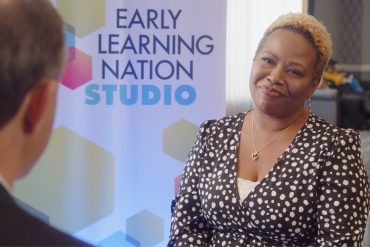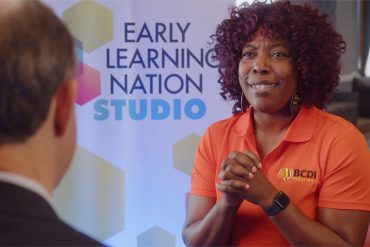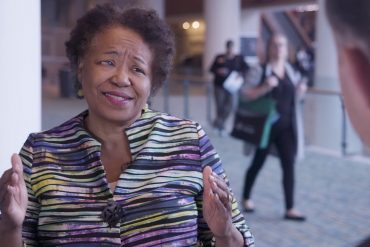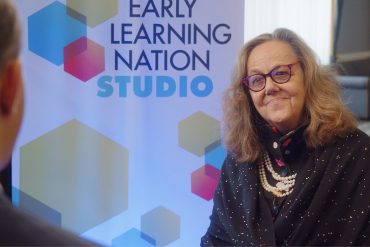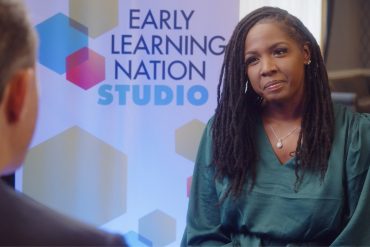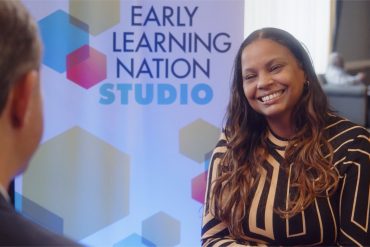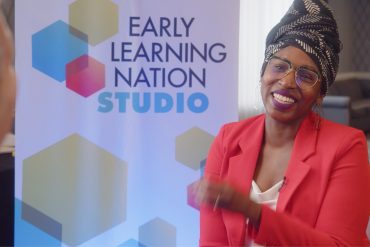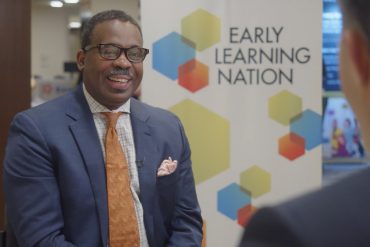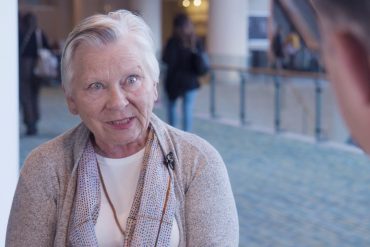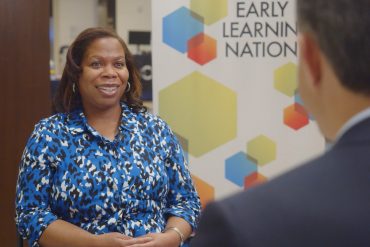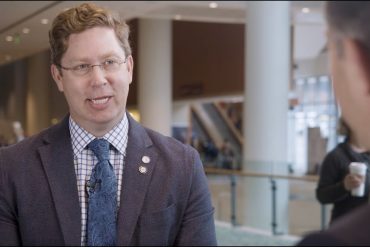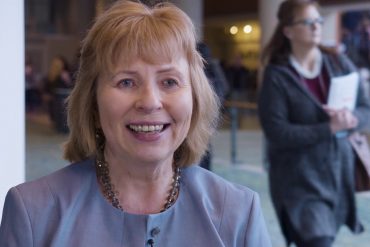BCDI-Atlanta recently released its State of the Black Child Report Card for Georgia, which identified several paths for immediate improvement, from supporting positive discipline to end suspensions and expulsions, to supporting the social-emotional development and mental health of Black children. As President, Dr. Bisa Batten Lewis explains, it’s all with the goal to address the group’s three key focus areas: Early care and education, literacy and family engagement.
With experience from around the world, the President of BCDI-Carolinas compellingly synthesizes what she sees as the root challenge to early childhood learning: Mindset. Dr. Devonya Govan-Hunt outlines the five ways she and her colleagues have set out to tackle that obstacle, with special focus on excessive disciplinary actions in preschools.
What does a culture of health look like? Dr. Gail Christopher, Executive Director of the National Collaborative for Health Equity, explains why so much of it happens outside medical system – and how bringing equal access and quality to early childhood education is a key place to start.
Dr. Joan Lombardi has spent her career exploring early childhood learning from multiple perspectives: policy, public sector, private sector, university and more. Among her current efforts is leveraging unique survey data and insights to identify “material hardships” that parents face, and identifying new ways to empower communities to advance the developmental continuum and—in Dr. Lombardi’s words—“raise the barn” together.
As Senior National Education Administrator for T-Mobile for Education, Dr. Kiesha King helps oversee T-Mobile’s Project 10Million, a $10.7 billion effort to bridge the digital divide by providing access to devices to “ensure internet access is not a barrier to a child's education.”
NBCDI President Dr. Leah Austin discusses how the 52-year-old national organization that focuses on the healthy child development of Black children takes its mission and message to all U.S. communities, working with key local leaders, educators and parents to improve education, as well as offering key lessons from the NBCDI’s Early Years Climate Action Task Force.
Dr. Raquel Martin, a licensed clinical psychologist, professor and scientist, describes how black mental wealth encompasses mental health and well-being “because mental health and physical health and the way individuals are treated in society are all linked.” And shares how we all can start to address the challenge by first seeing “children as children.”
Senior Executive and Director of NLC’s Institute for Youth, Education and Families, Dr. Robert Blaine, says the institute works on many levels: specific programs, cities themselves and the wider population, all to increase outcomes and build more opportunity for children and families. Dr. Blaine’s role also carries an additional benefit: working with the inspiring youth leaders. It’s a blend that requires the skills of an orchestra conductor... and it turns out, Dr. Blaine has those, too.
When most people talk about designing an early childhood education program, they mean the curriculum, the funding, or the program. Not Dr. Sandra Duncan. When the Design Consultant for Early Childhood Classrooms and Adjunct Professor at Nova Southeastern University talks about designing, she means it literally.
As American cities rebuild after the pandemic, much of the focus is on infrastructure. For Dr. Tonja Rucker, Director of Early Childhood Success at NLC’s Institute for Youth, Education and Families, that means not only physical needs like roads and bridges, but also the family structure, starting with its youngest members. As Dr. Rucker notes: “If the youngest residents are healthy and doing well, then the rest of things kind of fall into place and families get to be able to meet their needs.”
Edward Manuszak wears many hats, but the two most important are Superintendent of Dundee (MI) Community Schools and as the AASA Early Learning Cohort Co-Chair. In both roles, he works to deliver excellent learning opportunities. So why is Manuszak among the first to say that “Early Childhood Matters Most?”
In preschool and kindergarten, play – including “make believe” play – helps lay the foundation for many competences children will need for the rest of their lives. So how can we get adults out of the way? Elena Bodrova, PhD, co-founder and Tools Knowledge Advisor at Tools of the Mind, explains.


